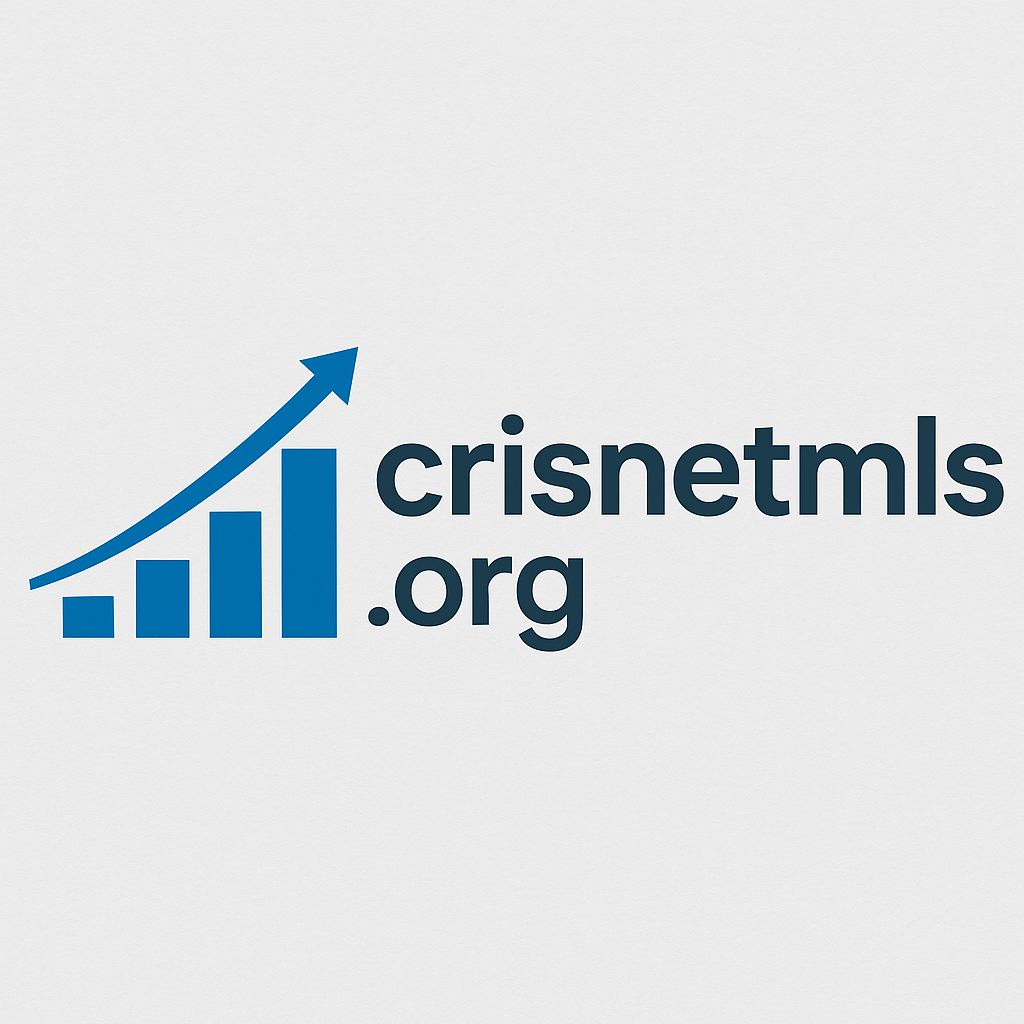In the rapidly evolving landscape of modern business, digital marketing has firmly established itself as the cornerstone of brand visibility, customer engagement, and revenue generation. However, as markets become increasingly saturated and consumer expectations rise, traditional digital marketing strategies are no longer enough to guarantee success. This is where Artificial Intelligence (AI) steps in—transforming the way marketers plan, execute, and analyze their campaigns. The fusion of digital marketing and AI is not merely a trend; it’s a paradigm shift that is redefining how companies connect with audiences in the digital era. By harnessing the power of machine learning, data analytics, natural language processing, and predictive modeling, AI is enabling marketers to achieve unprecedented levels of personalization, efficiency, and ROI Exterior Services.
At the heart of digital marketing lies data—vast amounts of information collected from user interactions across websites, social media platforms, email campaigns, search engines, and mobile applications. Managing and deciphering this data manually is not only time-consuming but also prone to human error. AI tools, however, can process, analyze, and extract actionable insights from massive datasets in real-time. Platforms powered by AI algorithms can identify patterns in consumer behavior, determine the most effective channels for engagement, and even predict future actions based on past activities. For instance, AI-driven analytics tools such as Google Analytics’ predictive metrics or HubSpot’s AI-powered reporting dashboards allow marketers to anticipate customer churn, forecast conversion rates, and optimize campaign timing with scientific precision.
One of the most significant contributions of AI to digital marketing is personalization. Today’s consumers expect tailored experiences—relevant content, personalized recommendations, timely communication, and seamless navigation. Generic messaging no longer resonates, which is why global brands are increasingly adopting AI to deliver hyper-targeted experiences. Machine learning algorithms analyze browsing history, purchase behavior, demographic information, and even social media activity to create detailed customer profiles. These profiles inform dynamic content delivery across digital touchpoints. For example, when you visit an e-commerce site and see product suggestions like “Customers who bought this also bought…” or “Recommended for you,” that’s AI at work. Similarly, AI-powered email marketing platforms like Mailchimp and Klaviyo use behavioral data to determine the optimal time to send emails, customize subject lines, and even craft personalized body content to increase open and click-through rates Law Firm Marketing.
Content creation is another domain revolutionized by AI. Marketers are under constant pressure to produce high-quality, SEO-optimized content at scale. AI writing assistants such as Jasper, Copy.ai, and even advanced language models like ChatGPT are now empowering content teams to generate blog posts, social media captions, ad copy, and product descriptions with remarkable speed and consistency. These tools not only assist in writing but also help refine tone, optimize for keywords, and ensure grammatical accuracy. While AI should not replace human creativity and emotional intelligence in storytelling, it significantly reduces the time and effort required for content ideation and drafting, allowing marketers to focus on strategy and brand alignment.
Search engine optimization (SEO), a critical element of digital marketing, is also being reshaped by AI. Algorithms like Google’s RankBrain use AI to interpret search queries and deliver the most relevant results. As a result, marketers must now think beyond keyword stuffing and backlink accumulation. AI tools like MarketMuse, Surfer SEO, and ClearScope analyze top-performing content across the web, offering data-driven suggestions for improving content structure, keyword density, and semantic relevance. These tools help ensure that websites rank higher in search engine results pages (SERPs) not just through technical optimization, but by genuinely addressing user intent—a practice that AI has made both possible and measurable.
Advertising, particularly programmatic advertising, is where AI has had one of the most profound impacts. Through real-time bidding (RTB) and automated ad placement, AI systems evaluate user data to determine the best audiences, times, and formats for ads, ensuring optimal return on ad spend (ROAS). Platforms like Google Ads and Facebook Ads integrate AI to automatically adjust bids, target lookalike audiences, and test ad variations—processes that would require thousands of man-hours if done manually. Moreover, AI-powered ad creatives can generate multiple ad versions based on audience segments, automatically selecting the best-performing visuals and copy. This not only increases conversion rates but also reduces cost per acquisition.
Customer service—a critical component of the marketing funnel—has also been transformed by AI. Chatbots and virtual assistants, powered by natural language processing (NLP) and machine learning, can now handle a significant portion of customer inquiries across websites and social media platforms. These AI-driven tools offer 24/7 support, provide instant responses, and escalate complex issues to human agents when necessary. Beyond efficiency, chatbots enhance user experience by guiding customers through purchase decisions, helping them track orders, and even offering personalized product recommendations. Brands like Sephora and H&M use AI chatbots to improve engagement and reduce friction in the customer journey, ultimately boosting conversion and loyalty.
Social media marketing, another vital pillar of digital strategy, is leveraging AI in innovative ways. Platforms such as Instagram, TikTok, and LinkedIn use AI algorithms to curate users’ feeds, determine content visibility, and recommend connections or hashtags. Marketers can now use AI tools to analyze social sentiment, detect trending topics, and schedule posts at optimal times. Advanced image recognition allows platforms to understand visual content, enabling better targeting and engagement. For example, AI can identify when a user posts a photo of a vacation, allowing travel brands to serve targeted ads related to hotel bookings or travel gear. Similarly, AI-driven social listening tools help companies monitor brand mentions, track public opinion, and respond proactively to crises.
Despite its numerous advantages, the integration of AI in digital marketing is not without challenges. Data privacy concerns, algorithmic bias, and the ethical use of consumer data are pressing issues that businesses must address. Regulations such as GDPR and CCPA impose strict guidelines on data collection and usage, requiring transparency and user consent. Marketers using AI must ensure that their tools comply with these laws and that consumer trust is maintained. Furthermore, over-reliance on AI can lead to a loss of human touch in branding—audiences still connect deeply with authentic storytelling and emotional resonance. The key is to strike a balance: using AI to enhance efficiency and insight while preserving the creativity and empathy that define effective marketing.
Looking ahead, the synergy between digital marketing and AI is poised for even greater innovation. Emerging technologies such as generative AI, voice search optimization, augmented reality (AR), and AI-driven video creation are opening new frontiers. Voice-activated digital assistants like Alexa and Google Assistant are changing how consumers search for products, pushing marketers to optimize for conversational queries. Meanwhile, AI-generated videos, customizable avatars, and immersive content experiences are making digital campaigns more engaging than ever.
For businesses, ignoring the convergence of digital marketing and AI is no longer an option. The competitive advantage it offers—from smarter targeting to real-time optimization and enhanced customer experiences—is too strong to overlook. However, successful implementation requires more than just adopting tools. It demands a strategic mindset—investing in data literacy, upskilling marketing teams, and fostering a culture of experimentation and continuous learning.
In conclusion, the integration of AI into digital marketing is not the future—it’s the present. The most successful brands are those leveraging AI not as a standalone technology, but as a strategic partner in understanding customers, delivering value, and driving growth. As AI continues to evolve, so will the possibilities for innovation in marketing. Businesses that embrace this transformation, while staying grounded in ethics and human-centric values, will lead the way in building meaningful, long-lasting relationships in the digital age. Whether you’re a small startup or a global enterprise, the time to explore and invest in AI-powered digital marketing strategies is now. The digital marketplace is no longer just about being seen—it’s about being understood, and AI is your most powerful ally in achieving that understanding.

